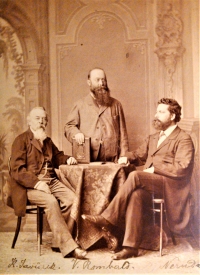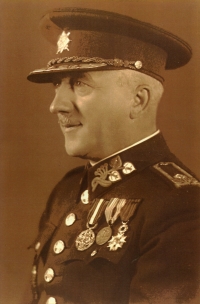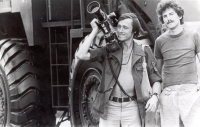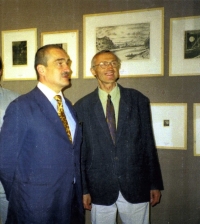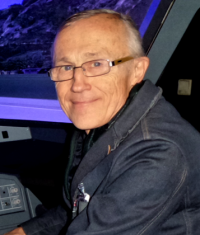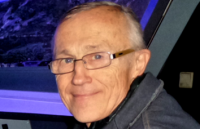You can survive everything with humour
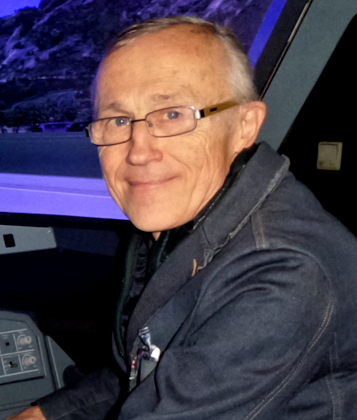
Download image
Tomáš Fassati was born on 22 February 1952 in Prague to Olga and Miloš Fassati. He was born into a Czech family, but his ancestors came from northern Italy. His grandfather Miloslav Fassati was a legionnaire, later a general in the Czechoslovak army and president of the Athletics Union. Both parents were scientists. In 1968, he founded the Dia-Film Prague organization, and with other colleagues from this association he filmed reports from anti-occupation demonstrations. In 1970, he was summoned by State Security (StB) because of the organisation’s activities. Under pressure, he stopped his activities. He graduated in visual communication theory and photography from Film and TV School of the Academy of Performing Arts in Prague (FAMU) and in art history and psychology from the Faculty of Arts at Charles University in Prague. In 1979 he completed one year of military service in Banská Bystrica, Slovakia, where he settled. In 1980 he founded a photography and graphic design gallery called Galéria F. In 1990 he moved to Benešov near Prague, where he founded the Museum of Art and Design. After a series of disputes with the city administration, he left the museum in 2017. After 2000 he also worked as a university teacher. In 2021 he was recognized by the Ministry of Defence as a participant of the 3rd Resistance. In 2024 he was living in Prague.
